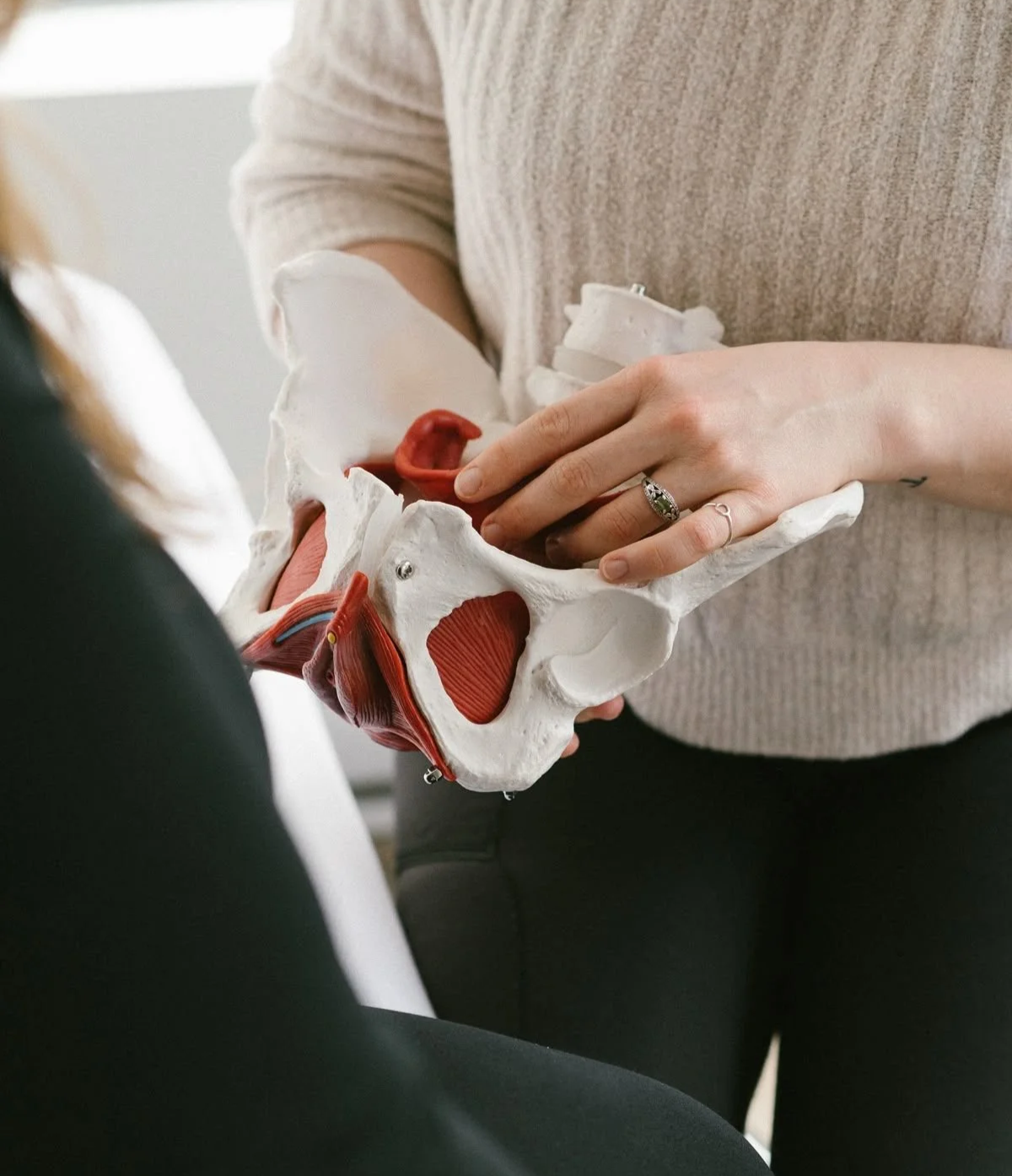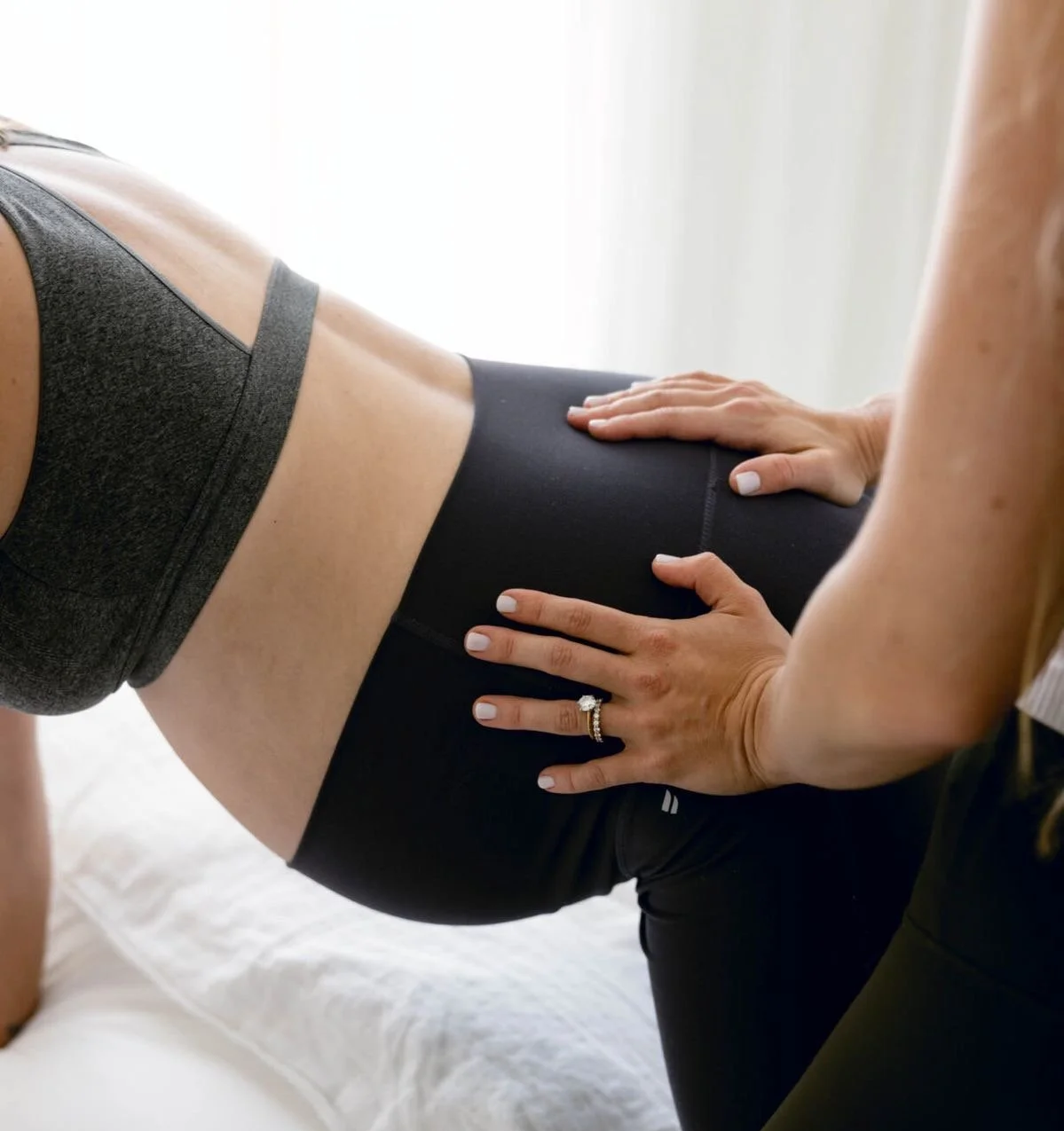Pelvic Health
Pelvic health issues can affect people in many different ways. Some may notice discomfort in the lower back, hips, coccyx, or genital area, while others experience bladder urgency or mild leakage. Constipation, prolapse symptoms, menstrual pain, pain with penetration, and changes in sexual function are also common. With such a wide range of symptoms, it can be difficult to know where to start or which health professional to see.
Osteopaths utilise a whole person, integrative approach to pelvic health concerns. Dr Sandy is especially passionate about supporting women through all life stages and has further training in internal and external assessment and treatment of the pelvic floor. She aims to support your health outcomes through pelvic floor osteo assessment and treatment, whole body treatment and lifestyle advice.
Some of the pelvic-related issues she supports patients with include
Vulvodynia
Bladder Pain Syndrome/Interstitial Cystitis
Pudendal Neuralgia
Straining to open bowels
Incontinence
Sexual disorders
Chronic pelvic pain associated with
endometriosis/adenomyosis/dysmenorrhea/PMS
Day and nighttime wetting in children
Perimenopause and menopause
Accidental bladder leakage
Bladder and bowel urgency and frequency
Difficulty starting the flow of urine
Urinary retention
Constipation
Pelvic Organ Prolapse
Pelvic Girdle Pain in Pregnancy
Labour and birth preparation
Vaginismus
Dyspareunia
Internal Assessments and Treatment
In some circumstances, an internal examination and subsequent techniques may be indicated. Dr Sandy will discuss this with you thoroughly, and further information, including risks, benefits and alternate treatment options will be provided. For further information and bookings, contact the clinic.



